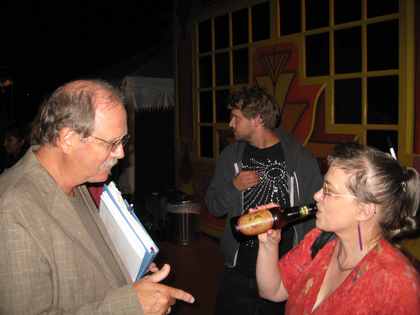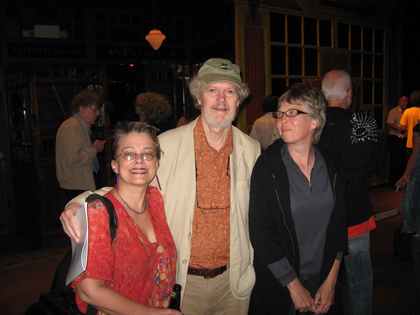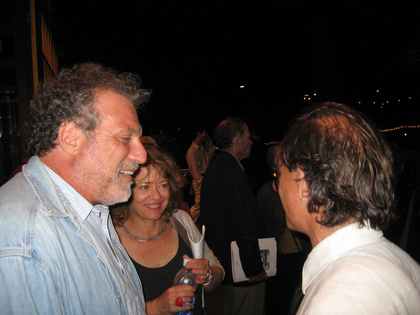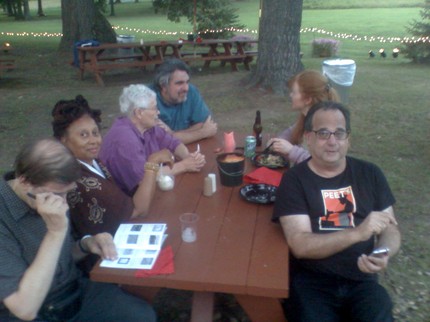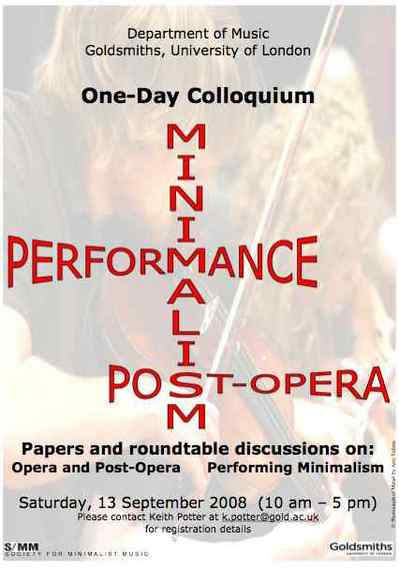QUESTION: I have noticed that you write durations that are beyond the possibility of performance.
ANSWER: Composing’s one thing, performing’s another, listening’s a third. What can they have to do with one another?…
QUESTION: And timbre?
ANSWER: No wondering what’s next. Going lively on “through many a perilous situation.” Did you ever listen to a symphony orchestra?…
QUESTION: Then what is the purpose of this experimental music?
ANSWER: No purposes. Sounds.
QUESTION: Why bother, since, as you have pointed out, sounds are continually happening whether you produce them or not?
ANSWER: What did you say? I’m still -Â
QUESTION: I mean – but is this music?
ANSWER: Ah! You like sounds after all when they are made up of vowels and consonants. You are slow-witted, for you have never brought your mind to the location of urgency. Do you need me or someone else to hold you up? Why don’t you realize as I do that nothing is accomplished by writing, playing, or listening to music? Otherwise, deaf as a doornail, you will never be able to hear anything, even what’s well within earshot.
QUESTION: But seriously, if this is what music is, I could write it as well as you.
ASNWER: Have I said anything that would lead you to think I thought you were stupid?
Compare with Chapter 27 from Huang-Po’s Doctrine on the Transmission of Mind, in John Blofeld’s translation:
Q: What is the Way and how must it be followed?
A: What sort of thing do you suppose the way to be, that you should wish to follow it?
Q: What instructions have the Masters everywhere given for dhyana-practice and the study of the Dharma?
A: Words used to attract the dull of wit are not to be relied on….
Q: If that is so, should we not seek for anything at all?
A: By conceding this, you would save yourself a lot of effort.
Q: But in this way everything would be eliminated. There cannot be just nothing.
A: Who called it nothing? Who was this fellow? But you wanted to seek for something.Â
Q: Since there is no need to seek, why do you also say that not everything is eliminated?
A: Not to seek is to rest tranquil. Who told you to eliminate anything? Look at the void in front of your eyes. How can you produce it or eliminate it?…
Q: Why do you speak as though I was mistaken in all the questions I have asked Your Reverence?
A: You are a man who doesn’t understand what is said to him. What is all this about being mistaken?
Cage mentions Huang-Po in the introduction, and includes the Doctrine on the Transmission of Mind in a 1960 list of ten books that most influenced him. But not having read it before, I didn’t realize how much of the tone in his ’50s writings Cage took from Huang-Po.

